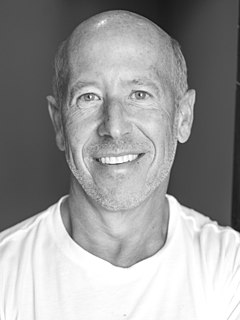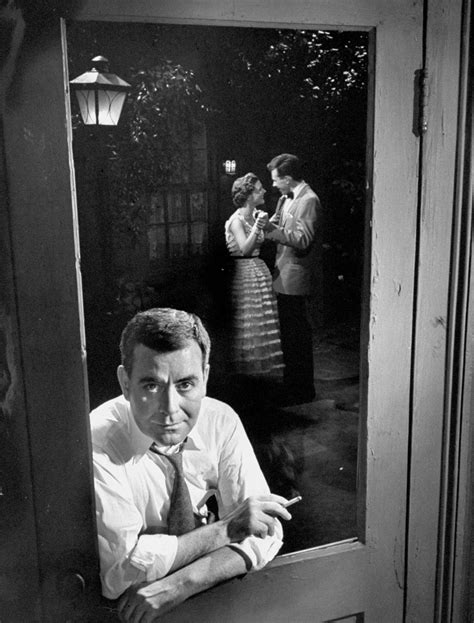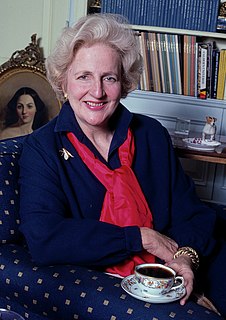A Quote by Mark Twain
I do love compliments, yet I'm often embarrassed to say what I think to the person when I get a compliment. I so often feel that they have not gone far enough.
Quote Topics
Related Quotes
Every so often when I'm writing, a character might actually be a distinct person in my head - often not an actor or a face, literally a person who just seems to exist in my imagination. Then the challenge is finding somebody who is close enough to that to make me feel like I've ended up where I wanted to be.
There's a fundamental difference between how often men remember to say 'I love you' and how often women want to hear 'I love you.' For the most part, it's on the guy. He's not withholding it intentionally. It's just that we kind of miss the point sometimes, that even in the most nonchalant way, telling the person how you feel is important.
I suppose everyone is looking for love, and we live in a culture where we have opportunities to fall in love far more than once. A person might go through the dissolution of a major love or a minor love, but the frictions and feelings are very primal - heartbreak, longing, jealousy, anger - etc. People often say love is universal - which it is - so the loss of love naturally is too.
The people with the best sense of what is essential to a community, of what gives and maintains its spirit, are often doing very humble, manual tasks. It is often the poorest person - the one who has a handica[p, is] ill or old - who is the most prophetic. People who carry responsibility must be close to them and know what they think, because it is often they who are free enough to see with the greatest clarity the needs, beauty and pain of the community.
Most writers begin with accounts of their first home, their family, and the town, often from quite a hostile point of view-love/hate, let's say. In a way, this stepping outside, in an attempt to judge enough to create a duplicate of it, makes you an outsider. . . . I think it's healthy for a writer to feel like an outsider. If you feel like an insider you get committed to a partisan view, you begin to defend interests, so you wind up not really empathizing with all mankind.
I often write about nonreligious people, and I try to find situations where their sense of humanity is restored or discovered. I think you can be a good person in many ways. And I think you often have to be careful that prayer can seem superficial, because it's a very complicated thing to love your neighbor as yourself.





































